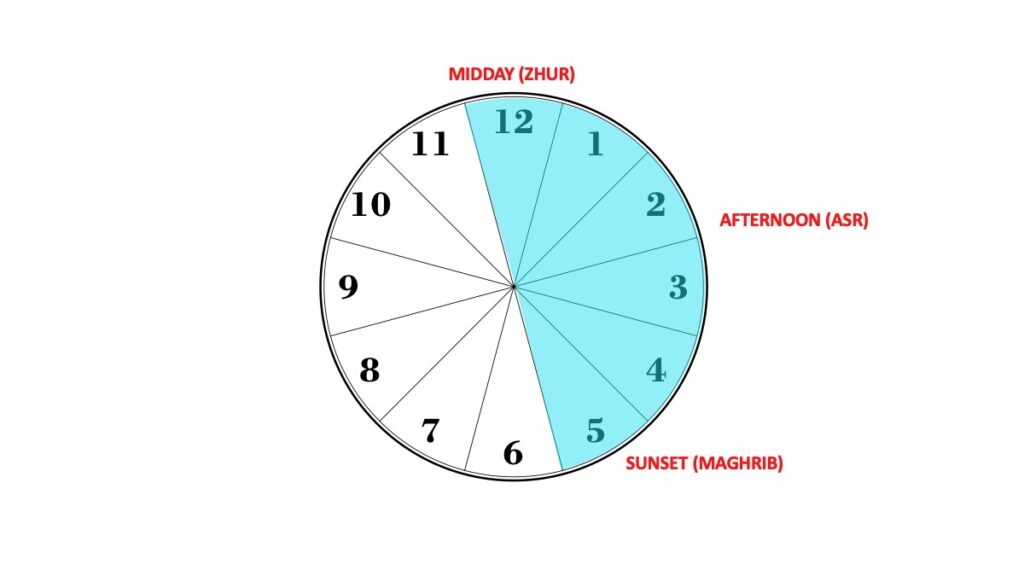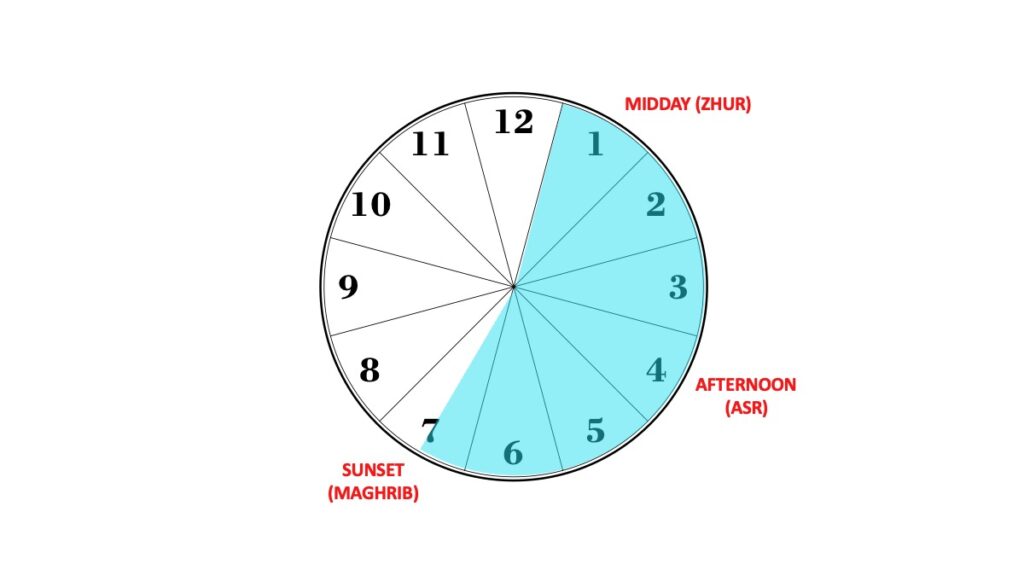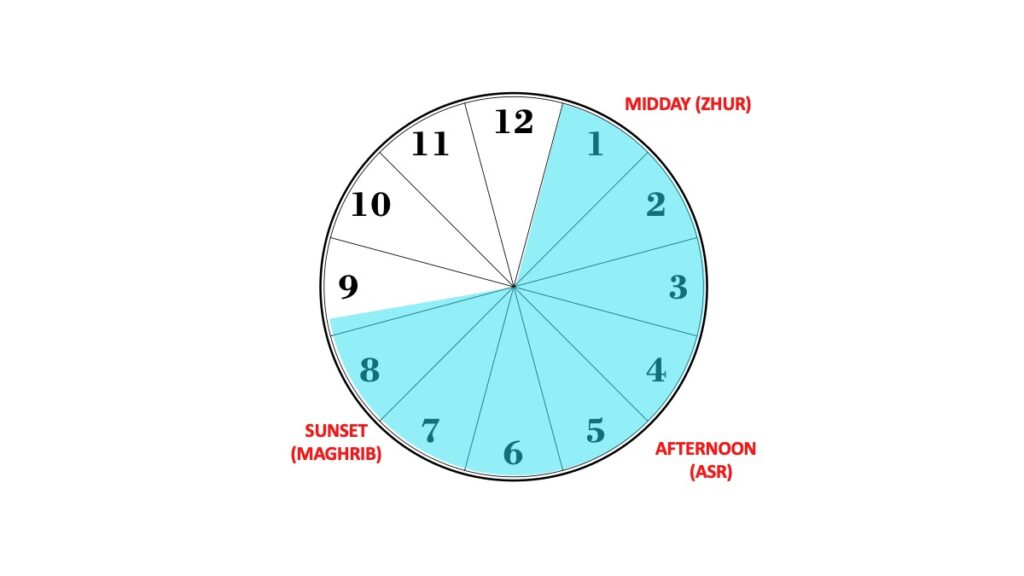One of the clearest ways you can help students feel they fully belong at MIT is to provide food that matches their ethical convictions and their religious identities. According to MIT Dining, 8-10% of MIT undergraduate students choose a vegetarian or vegan diet. Some base their vegetarian diet on Hindu dietary laws, and many more avoid animal products out of ethical concerns.
MIT Chaplains estimate that 4% of undergraduates follow the halal dietary rules of Islam, and 1% follow the kosher rules of Judaism.
If your class, department, or student group is offering food, please consider including options that are kosher (Jewish), halal (Muslim), and vegan (Hindu/Jain). Since many people are less familiar with halal and kosher diets, ORSEL offers this guide to ordering inclusive meals for your events.
Where to Order Halal Meals
Muslims come from all the countries of the world, and there are many cuisines that represent them. Here are some local vendors that provide halal meals, as recommended by Muslim student leaders at MIT:
- Ali Baba (Turkish)
- Silk Road (Uyghur)
- Black Seed (Mediterranean)
- Sufra (Mediterranean)
- Aceituna (Mediterranean)
- Nachlo (Desi-Mexican)
- Dave’s (Nashville chicken)
- Alexandria (pizza)
- Bab Alyaman (Yemen)
Where to order Kosher Meals
When ordering food for event attendees who indicate that they keep kosher, one should be aware that there are different levels of kosher observance in the Jewish community. Some will only eat food from certain kosher certifying organizations. Others will eat food from a restaurant or caterer that has any kosher certification. For some, a vegetarian option from a non-kosher restaurant will be enough. Unless you will be purchasing food from one of the strictest kosher options, it is important to ask the attendees who identify themselves as keeping kosher to specify what their level of observance is. This is probably most efficiently accomplished with a follow-up communication with those who request kosher food.
In the Boston area, there are a number of kosher restaurant options, most of them located in Brookline. (You can learn more about dairy/meat requirements below.) These kosher options include:
- Bonapita (Middle Eastern food; meat)
- Kosher Wok (Chinese food; meat)
- Kupel’s Bakery (bagels; dairy)
- Milk Street Café (located in Boston; it has both dairy and meat options, so one needs to ensure only one “flavor” is purchased)
- Pure Cold Press (salads, sandwiches; dairy)
- Rami’s (Middle Eastern food; meat)
- Veggie Crust (pizza and Indian food; dairy)
- Andrew’s Catering (both dairy and meat; they won’t let you order both at the same time)
While it is under an organization’s kosher certification, not all Jews in the MIT community will eat food from Clover Food Lab; one should ask event attendees before ordering from there.
Further communication with kosher event attendees might include where/how to find the kosher meals ordered for them at the event.
There are additional options for providing snack foods. Vegetables and fruits, in their raw state, not even cut or otherwise prepared, are kosher. All processed foods, whether meat, vegetarian, or even vegan, generally need to have been supervised in their preparation by a Jewish individual who is familiar with the kosher laws. A list of the most-commonly accepted kosher symbols of supervisory organizations can be found here. A lot of the packaged snack foods you find at a supermarket have a kosher symbol.
Someone who is being served a kosher meal or snack will also need disposable plates, silverware, servingware, etc, as they will not use utensils that have come into contact with non-kosher food.
While not directly connected to kosher food options, if an event is going to be held on Friday night after sunset or anytime Saturday before nightfall, many kosher-observant Jews will also be Sabbath-observers. This means that they will not use electricity—including cell phones and TimTickets—or money on the Sabbath. Accommodations should be sought for non-electronic alternatives.
Learn More About Halal
Read this introduction to halal.
Learn More About Kosher
The Jewish laws of keeping kosher (“kashrut”) concern rules both regarding foods that are inherently forbidden under all circumstances as well as the preparation and serving of foods that are permitted.
Certain criteria determine if any specific animal could be permitted as food for someone who keeps kosher. Among land animals, they must both chew their cud and have a cleft hoof to be kosher, for example, cows or venison. Pork, camel, rabbit are non-kosher animals. Among water-living animals, only true fish having both fins and scales are permitted. Hence salmon, tuna, flounder, cod, for example, are kosher, while all shellfish, dolphin, whale, eels, and any fish that do not have both fins and scales are not kosher. In a broad general rule, non-birds-of-prey are kosher; chicken, duck, goose, are all kosher animals. For a kosher-observant Jew to eat a kosher animal, it must also be slaughtered in a specific manner by a trained Jewish slaughter.
In general, a Jew who observes the laws of kashrut may eat any non-processed fruit or vegetable.
In addition to the food itself needing to be kosher, the observance of kashrut requires a strict separation of milk products and meat products. Milk and meat foods may not be cooked or eaten together. In this context, “meat” includes poultry. It does not include fish, which can be cooked and served with dairy foods. In addition to fish, fruits and vegetables are considered “parve,” that is neutral, and can be prepared as “dairy” dishes or as “meat” dishes, depending upon the other ingredients and the utensils they are prepared with. Separate milk- or meat-designated pots, pans, dishes, knives, silverware are used when preparing or eating dairy or meat dishes. Many Jews will wait from 1-6 hours, depending upon their tradition, from the time they stop eating a meat meal until they will eat something dairy.
Contact MIT’s Muslim and Jewish chaplains
If you have questions, you can directly ask those who have requested a halal or kosher meal; they will appreciate the outreach for clarification. Please also feel free to reach out to Muslim Chaplain Sister Nada El-Alami, mchnada@mit.edu, and Rabbi Michelle Fisher, rabbif@mit.edu, at MIT Hillel.
When scheduling events at MIT, it’s important to keep in mind religious holidays and observances that might affect students’ availability. For instance, some students may be observing fasts or other religious practices during holidays like Ramadan, Yom Kippur, and Ash Wednesday, and scheduling events around these times can make it easier for everyone to participate. Checking religious calendars and offering flexible timing can help ensure more students are able to attend.
In addition to this partial list of religious holidays from the Registrar’s Office, ORSEL offers this guide for scheduling and planning.
Daily Prayers
Muslims pray five times a day: before dawn, midday, afternoon, sunset, and at night. For events that span the hours between midday and dusk, consider providing a quiet space and breaks so that Muslim attendees can pray. There are three separate prayer times that fall during the windows shown in blue here.



For a more precise schedule with the starts of each prayer time, search “Islamic Prayer Times Cambridge MA” and the date of your event.
Weekly Observances



Friday afternoon
Many Muslims attend Jumu’a prayers between 12pm and 2pm on Fridays. Consider shifting or extending your event into the late morning or late afternoon.
Friday night
See tips for Saturday
Saturday (daytime events)
From sundown on Friday to an hour after sundown on Saturday (Shabbat), some Jews will not work, write, or use any electronic devices including computers, cell phones, email, lights, cars, card readers, automatic doors, or automatic toilets. Consider how you can accommodate observant Jewish guests.
Sunday
Many Christians make Sunday services a priority.
Many Catholics attend Mass on Saturday night or Sunday. If you’re hosting an all-day event on a Sunday, consider breaking for at least an hour at one of the times that Mass is offered in the MIT Chapel (9:30am, 1:00pm, or 5:00pm).
Major Holidays
*Jewish holidays start at sundown the night before and end an hour after sundown.
2025
| September | 23—24* | Rosh Hashanah | Some Jews will abstain from writing and using electricity on the two days of Rosh Hashanah. |
| October | 2* | Yom Kippur | Many Jews will fast all day on Yom Kippur, and some will avoid writing and electricity. |
| 7—13 | Sukkot | During the festival of Sukkot, the Jewish community gathers outdoors in a booth. Some Jews avoid writing and using electricity during the first two days. | |
| 14—15* | Shemini Atzeret and Simchat Torah | The two days after Sukkot, Shemini Atzeret and Simchat Torah, are also holidays when some Jews may avoid writing and electricity. | |
| November | 1 | Feast of All Saints | Catholics observe the Feast of All Saints with fasting and prayer. |
2026
| February—March | Feb 18-Mar 19 | Ramadan | Many Muslims fast and avoid drinking water for the 30 days in the holy month of Ramadan. They may avoid events focused on food. In the evenings, Muslims break the fast together. |
| 18 | Ash Wednesday | Ash Wednesday is a day of fasting and prayer for many Christians, especially Catholics | |
| March | 20 | Eid-al-Fitr | The day after Ramadan, Eid-al-Fitr, is a major holiday. Muslim holidays start at sundown the night before and end at sundown. |
| April | 1—9* | Passover | During the eight days of Passover, many Jews will abstain from eating any bread products and some may only eat fruits, vegetables, and foods that are labeled “Kosher for Passover.” Observant Jews do not write or use electricity on the first two and last two days of the holiday. |
| 2—4 | Holy Week | Holy Week is a time of fasting and prayer for many Christians, especially Catholics. | |
| 5 | Easter Sunday | Easter Sunday is the central feast of the Christian year. | |
| May | 14 | Ascension of the Lord | Catholics celebrate the Ascension of the Lord with fasting and prayer. |
| 22—23* | Shavuot | Observant Jews also avoid writing and using electricity on Shavuot. | |
| 24 | Pentecost | Catholics celebrate Pentecost with fasting and prayer. |